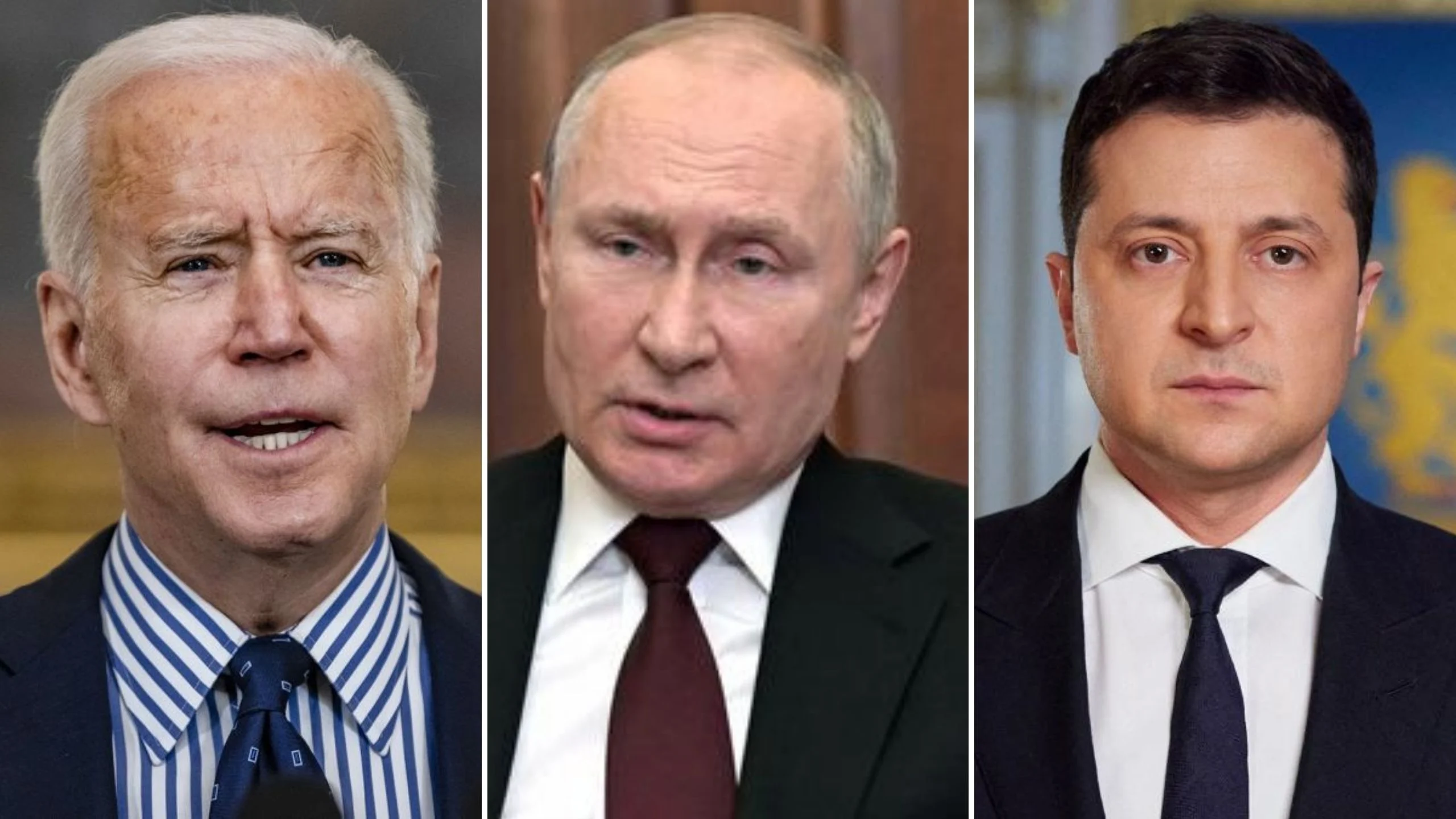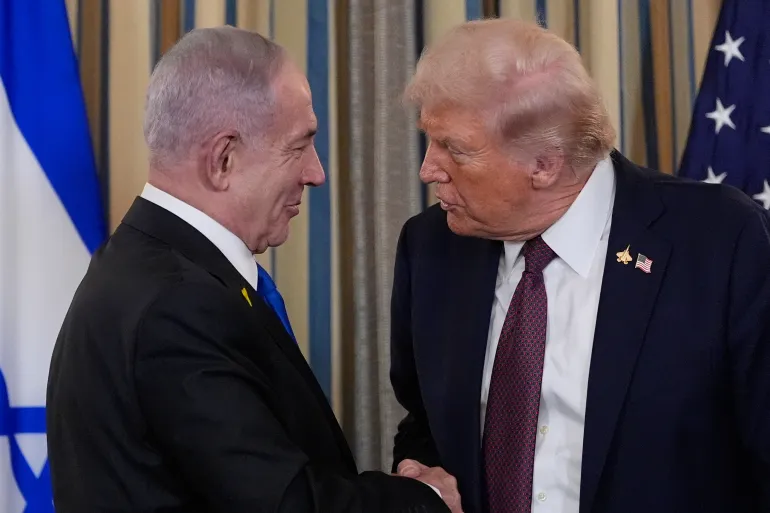The Biden administration has granted Ukraine permission to use long-range missiles against Russian territory
U.S. President Joe Biden has recently made a pivotal decision that could significantly alter the course of the Ukraine conflict. The Biden administration has granted Ukraine permission to use long-range missiles against Russian territory, a move aimed at boosting Ukraine's military capabilities amid ongoing tensions with Russia
The Biden administration has granted Ukraine permission to use long-range missiles against Russian territory
Biden Authorizes Long-Range Missiles for Ukraine, But Political and Military Implications Remain Complex
U.S. President Joe Biden has recently made a pivotal decision that could significantly alter the course of the Ukraine conflict. The Biden administration has granted Ukraine permission to use long-range missiles against Russian territory, a move aimed at boosting Ukraine's military capabilities amid ongoing tensions with Russia.
While analysts argue that this support may have come too late and might not be as effective in the current context, the political ramifications of this decision are expected to reverberate throughout global politics. The primary goal behind Biden's move is to enhance Ukraine's military strength, especially to address the pressing shortage of resources on the battlefield. However, some of Ukraine's European allies believe that this decision is long overdue, as Ukraine's forces have already suffered significant setbacks and relied heavily on international aid since the beginning of the war.
Meanwhile, Russian forces have regained control of parts of Ukraine, including the strategic Kursk region. This has raised concerns among some experts, who argue that measures to strengthen Ukraine's military capabilities should have been taken earlier, especially as Russia retakes crucial territories.
At the same time, a new crisis is emerging within the U.S. administration. Some officials believe that Ukraine may soon be forced to enter peace talks with Russia, and that Kyiv could even be pressured to relinquish claims over Russian-occupied areas. This increasing diplomatic pressure is being attributed to growing economic sanctions and political strain on the Biden administration.
Looking ahead, the 2025 U.S. presidential election is also likely to influence the trajectory of U.S. support for Ukraine. Republican leader Donald Trump, who is set to assume office in January 2025, has previously pledged to end the Russia-Ukraine war. U.S. officials are concerned that under a Trump administration, military aid to Ukraine may be halted, a scenario that would pose a significant risk to Ukraine, whose military strength heavily depends on U.S. support.
As the war progresses, Russia is currently in a stronger position, having recaptured Kursk and made further gains in eastern Ukraine. This not only strengthens Russia's territorial hold but also asserts its influence in global politics. Russia's accelerated military campaign is now juxtaposed against Ukraine's desire for peace talks, with Moscow pushing for full territorial claims.
In the broader context of global politics, both the U.S. and European allies are striving to maintain their influence over Ukraine’s situation. However, Russia has become a formidable challenge, and the outcome of the Ukraine war will have far-reaching consequences for international power dynamics. If Russia succeeds in occupying much of Ukraine, the shift in the global balance of power could be significant.
Questions are also being raised about the U.S.'s role in this evolving geopolitical struggle. Despite continued pressure from Washington and European nations, there are doubts about whether these measures will be enough to counter Russia's growing strength, especially with the possibility of the Trump administration altering U.S. policy towards Ukraine.










